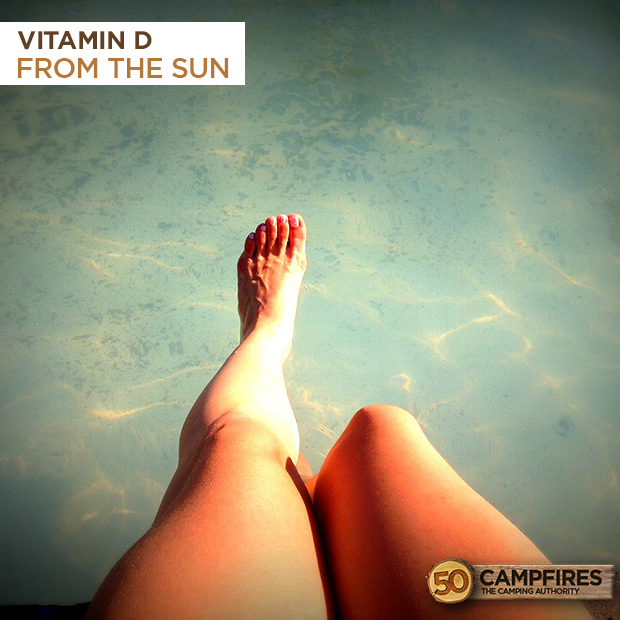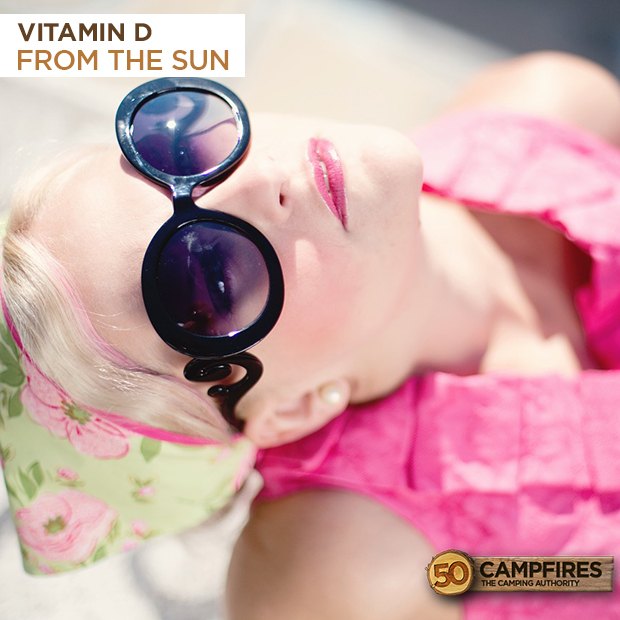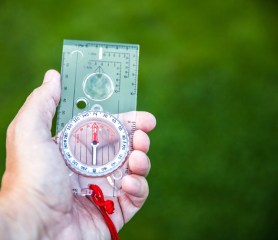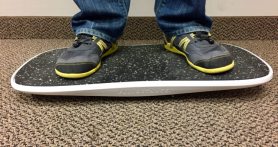

You hear people say it all the time, “Gotta head outside and get my Vitamin D!” What’s really happening when you soak up the sun? Are you really getting vitamin D? How much do you need? We’ve set out to find if you can get all your Vitamin D from the sun.
Videos by Outdoors with Bear Grylls
Let’s start with how it actually works. The sun isn’t sending you vitamin D. Your skin holds a precursor to vitamin D. When the sunlight hits it, vitamin D synthesis occurs and your body creates it. After that, the kidneys and then the liver process it before being absorbed by the body.

You need vitamin D because it helps your bones absorb calcium and phosphorus: two things needed for strong, healthy bones. Without D3 your bones can’t efficiently get what they need.
Will sunscreen block it? Well, not all of it. A recent study showed that when people applied SPF 15 they were still able to increase their vitamin D considerably from sun exposure. If you slather on a gallon of SPF 100 then yes, you’re going to get considerably less vitamin D from the sun. In reality people hastily throw some sunscreen on and head outside. The study suggests that you can find a sweet spot in the middle with SPF15. You can get some measure of burn protection while still soaking up the rays.
How much vitamin D can the sun give me? Here is where things start to get a little tricky. All of the following are factors that determine how much vitamin D3 you can synthesize from sun exposure:
- Time spent in the sun
- Cloud cover
- Skin color (darker skin requires longer sun exposure)
- Amount of sunscreen
- Time of day
- Time of year
- Location

Overwhelming, right? If you want to get very specific about how much sun you should have, you can use this ultraviolet exposure calculator created by the Norwegian Institute for Air Research. This will help you adjust for your personal situation. Skin color is a major factor. A Caucasian person in Minnesota on an overcast day needs a minimum of 20 minutes. A darker skinned person needs almost two hours. This is good to know, and in some cases it might be more practical to just take a vitamin D3 supplement.









